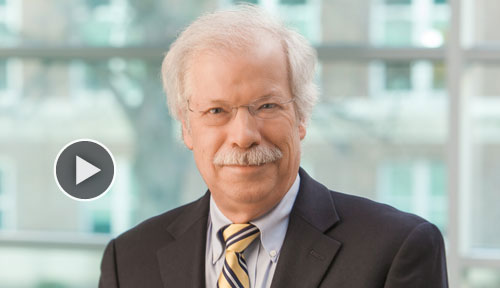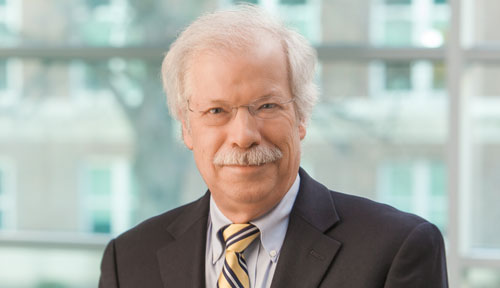 |
| VIDEO: Edibaldo Silva, M.D., Ph.D., discusses the BRCA gene mutation |
Even if you or a loved one has a family history of breast cancer, odds are overwhelmingly in your favor that you do not carry the BRCA gene mutation which causes breast and incurable ovarian cancer. But we’ve all heard so much about this gene — what if you are worried?
Edibaldo Silva, M.D., Ph.D., professor of surgical oncology, cited the example of Oscar-winning actress Angelina Jolie. Jolie famously recently underwent a prophylactic double mastectomy after finding out she carried a mutated BRCA1 gene.
“Her mother had ovarian cancer, her aunt, her mother’s sister, died just about the same time Ms. Jolie had her surgery,” Dr. Silva said.
“So in patients in whom that is an issue, the first thing to do is to sit down and draw a picture of their family tree. As you look at generations in the family pedigree the genetic counselor can calculate if the family pedigree significantly warrants that you have the BRCA gene testing.”
Despite all of the publicized cases we’ve heard about, most women will find that they don’t have as much need to worry as they had thought. But in the rare instances in which there is a BRCA gene mutation, it is serious.
“A BRCA gene carrier also has a 20 to 40 percent chance of developing ovarian cancer, which is incurable,” Dr. Silva said. “And there are no good tests to detect it early. None. By the time you detect it, it is too advanced.
“So what we recommend is that if you are a gene carrier, you have your children as soon as you can and you have your bilateral mastectomies, preventive or therapeutic, depending on if you have the cancer or not. And then after you have your children you have your ovaries removed before they can become malignant. And that’s a very important part of the treatment.”
Dr. Silva said Angelina Jolie is a good example of how to handle the diagnosis of a BRCA gene mutation. But, most women do not have to worry about carrying the BRCA gene.
“After all,” Dr. Silva said, “the risk is only 5 in 100, among women with breast cancer, that you carry the bad gene.”
